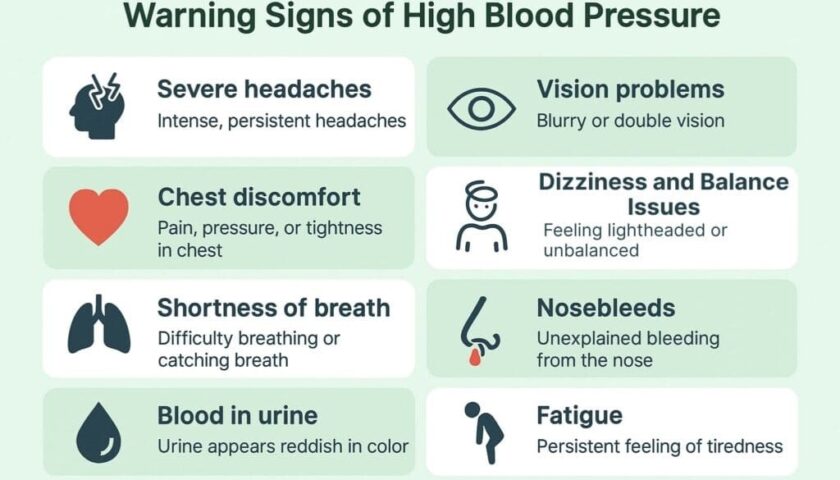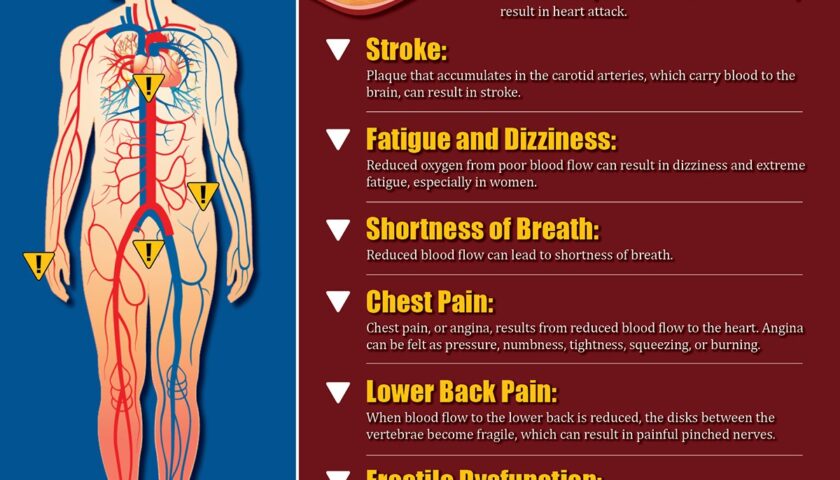Transform Your Daily Habits for Long-Lasting Results
By: Javid Amin
Weight loss can seem daunting, especially with the myriad of information and fad diets floating around. However, sustainable weight loss is achievable by making small, consistent changes to your daily routine. These 21 science-backed tips are designed to guide you through a structured yet flexible approach to shedding those extra pounds and maintaining a healthy lifestyle.
Prioritize Quality Sleep: The Bedrock of Weight Loss
Consistency is Key: Maintaining a regular sleep schedule is crucial for regulating hormones such as ghrelin and cortisol, which influence hunger and stress. Poor sleep disrupts these hormones, leading to increased cravings and poor food choices. Aim for 7-9 hours of uninterrupted sleep each night to support your metabolism and help you resist unnecessary snacking throughout the day.
Start Your Day with Warm Water: A Simple Detoxifier
Boost Your Metabolism: Drinking a glass of warm water first thing in the morning helps flush out toxins, supports digestion, and jumpstarts your metabolism. Add a slice of lemon for an extra detoxifying effect and to kickstart your hydration.
Stay Hydrated: Aim for 4 Liters of Water Daily
Keep Cravings at Bay: Drinking enough water throughout the day helps to regulate your appetite and keeps your metabolism functioning optimally. Hydration also aids in energy levels, making it easier to stick to your exercise regimen and avoid overeating.
Have a High-Protein Breakfast: Fuel Your Day
Stay Full Longer: A protein-rich breakfast, such as eggs, Greek yogurt, or a protein shake, can help you feel fuller for longer and reduce the urge to snack. Protein not only curbs hunger but also stabilizes blood sugar levels, preventing energy crashes later in the day.
Practice Portion Control: Enjoy What You Love
Moderation Over Elimination: You don’t have to give up your favorite foods entirely. Instead, focus on smaller portions to enjoy a balanced diet without overindulging. Use smaller plates and be mindful of serving sizes to keep your calorie intake in check.
Chew Slowly: Savor Every Bite
Enhance Digestion: Eating slowly gives your brain enough time to register that you’re full, reducing the risk of overeating. It also aids digestion by allowing your stomach to break down food more efficiently.
Include Fiber-Rich Foods: Keep Things Moving
Boost Digestive Health: Foods high in fiber, such as whole grains, fruits, and vegetables, help you stay full longer and support a healthy digestive system. Fiber also stabilizes blood sugar levels and lowers cholesterol.
Cut Back on Sugar: Reduce Empty Calories
Choose Wisely: High-sugar foods and drinks spike blood sugar levels and add unnecessary calories. Swap sugary snacks for fruits, nuts, or seeds to satisfy your sweet tooth without derailing your weight loss efforts.
Snack Smart: Mindful Munching
Choose Nutrient-Dense Options: When you feel the urge to snack, opt for healthy options like fruits, nuts, or seeds. Avoid mindless munching, especially when stressed or bored, as it can lead to unnecessary calorie consumption.
Avoid Late-Night Binging: Curb the Midnight Munchies
Respect Your Body’s Clock: Eating right before bed can disrupt your metabolism and interfere with sleep quality. Try to have your last meal at least two to three hours before bedtime.
Plan Your Meals: Stay Ahead of Hunger
Avoid Impulse Eating: Meal planning ensures that you have healthy options available and reduces the temptation to make poor food choices. Preparing meals in advance helps you control portions and stay on track.
Practice Intermittent Fasting: Give Your Body a Break
Boost Fat Burning: Intermittent fasting, such as the 16:8 method (16 hours of fasting with an 8-hour eating window), can help reduce insulin levels and promote fat loss. It’s a flexible approach that can be adapted to suit your lifestyle.
Move Throughout the Day: Stay Active
Incorporate Small Movements: Even if you can’t hit the gym, find ways to move throughout the day. Take short walks, stretch during breaks, or use the stairs instead of the elevator. Staying active helps burn extra calories and improves overall health.
Include Strength Training: Build Lean Muscle
Boost Your Metabolism: Strength training not only tones your muscles but also increases your resting metabolic rate. Muscle burns more calories at rest than fat, so adding resistance exercises can help you achieve your weight loss goals faster.
Embrace Healthy Fats: Curb Cravings
Choose Wisely: Healthy fats found in nuts, avocados, and olive oil can help you feel satiated and reduce cravings. These fats also support brain health and improve your mood, making it easier to stick to a healthy eating plan.
Reduce Refined Carbs: Choose Whole Grains
Opt for Nutrient-Dense Foods: Refined carbohydrates like white bread and pasta can cause blood sugar spikes and lead to weight gain. Instead, choose whole grains such as brown rice, quinoa, and oats, which provide more fiber and nutrients.
Watch Liquid Calories: Sip Smartly
Be Mindful of Beverages: Sugary drinks, alcohol, and even some fruit juices can add up in calories without making you feel full. Opt for water, herbal teas, or black coffee to stay hydrated without the extra calories.
Manage Stress: Balance Your Emotions
Prioritize Mental Health: Stress triggers the release of cortisol, a hormone that can lead to increased appetite and weight gain, especially around the abdomen. Practice stress-relief techniques such as yoga, meditation, or deep breathing exercises to keep cortisol levels in check.
Track Your Progress: Stay Accountable
Monitor Your Journey: Use a food journal or an app to track your meals, exercise, and progress. Keeping track helps you identify patterns, stay accountable, and make necessary adjustments to your plan.
Get Adequate Sleep: Don’t Skimp on Rest
Support Your Metabolism: Lack of sleep can disrupt your metabolism and increase hunger hormones. Aim for 7-9 hours of quality sleep each night to support your body’s weight loss efforts and overall health.
Find What Works for You: Personalize Your Plan
Listen to Your Body: Everyone’s weight loss journey is different. What works for one person may not work for another. Listen to your body, be patient with yourself, and make adjustments as needed to create a plan that suits your lifestyle and goals.
Bottom-Line: Sustainable Weight Loss is a Marathon, Not a Sprint
Achieving and maintaining a healthy weight is more about creating sustainable habits than following strict diets. Incorporating these simple yet effective strategies into your daily routine can make a significant difference in your weight loss journey. Remember, the key is consistency and patience. Celebrate small victories, stay committed to your goals, and enjoy the process of becoming a healthier version of yourself.






